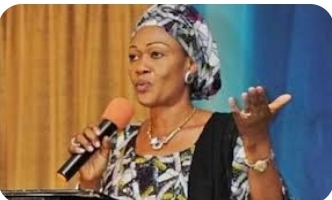The Gideon & Funmi Para-Mallam Peace Foundation (TP-MPF) calls upon Nigeria’s foremost religious figures, convened by the Nigeria Inter-Religious Council (NIREC), to address recent threats against the nation’s First Lady, Sen Remi Tinubu.
A video circulating on social media depicts an Islamic Cleric delivering inflammatory remarks in Hausa against Nigeria’s First Lady, Oluremi Tinubu, citing her Christian faith as justification for harm.
Despite the cleric’s subsequent apology, TP-MPF stresses the imperative for Nigeria’s religious leaders to collectively confront hate speech incidents head-on.
Advocating for Peaceful Coexistence
In a statement issued by Dr Gideon Para-Mallam, President and CEO of the Peace Foundation, emphasis is placed on the urgent need to combat hate speech through transparent dialogue and national initiatives.
Prioritising Peace and Reconciliation
TP-MPF urges President Muhammadu Buhari to prioritise peace-building efforts and establish a National Peace and Reconciliation Commission dedicated to fostering harmony among Nigerians.
Para-Mallam underscores the importance of elevating respect for Freedom of Religion and Belief (FoRB) to national prominence, advocating for its integration into both public discourse and legislative frameworks.
Embracing Diversity as Strength
Drawing inspiration from Maya Angelou and Antonio Guterres, TP-MPF asserts the intrinsic value of religious diversity and calls upon Nigerian leaders to champion inclusivity and tolerance as cornerstones of national identity.











